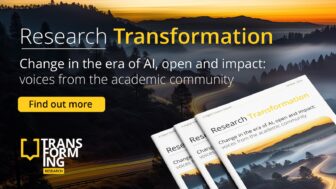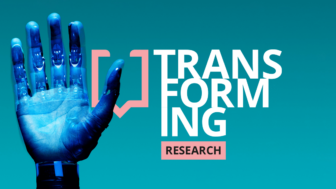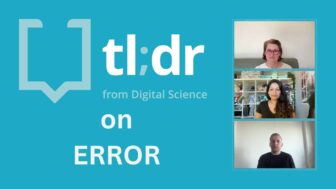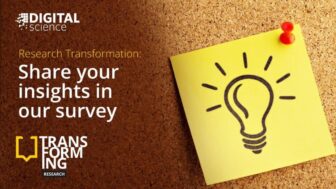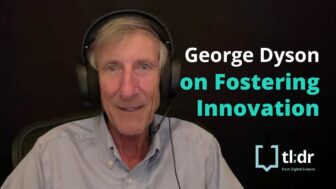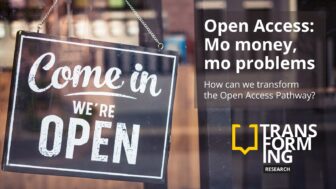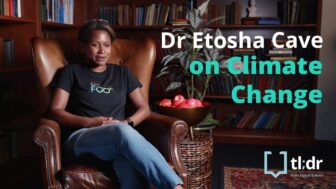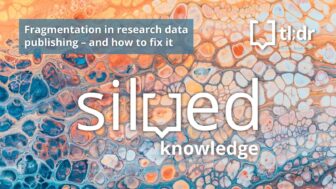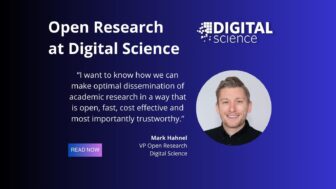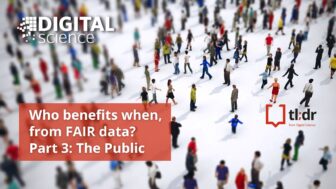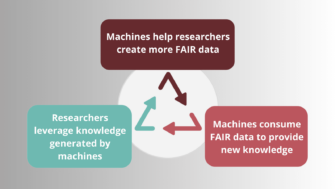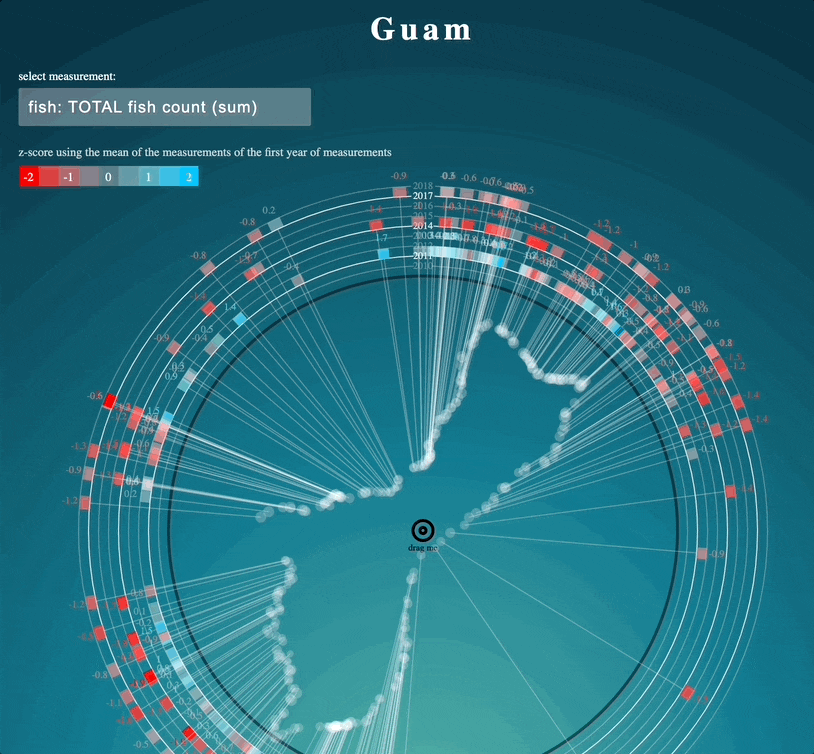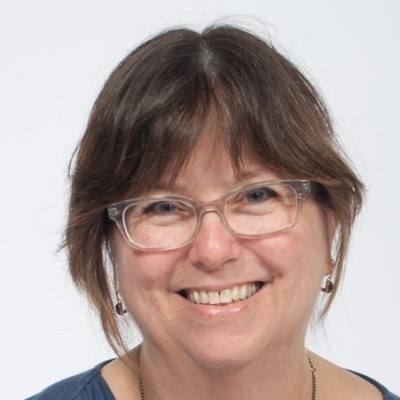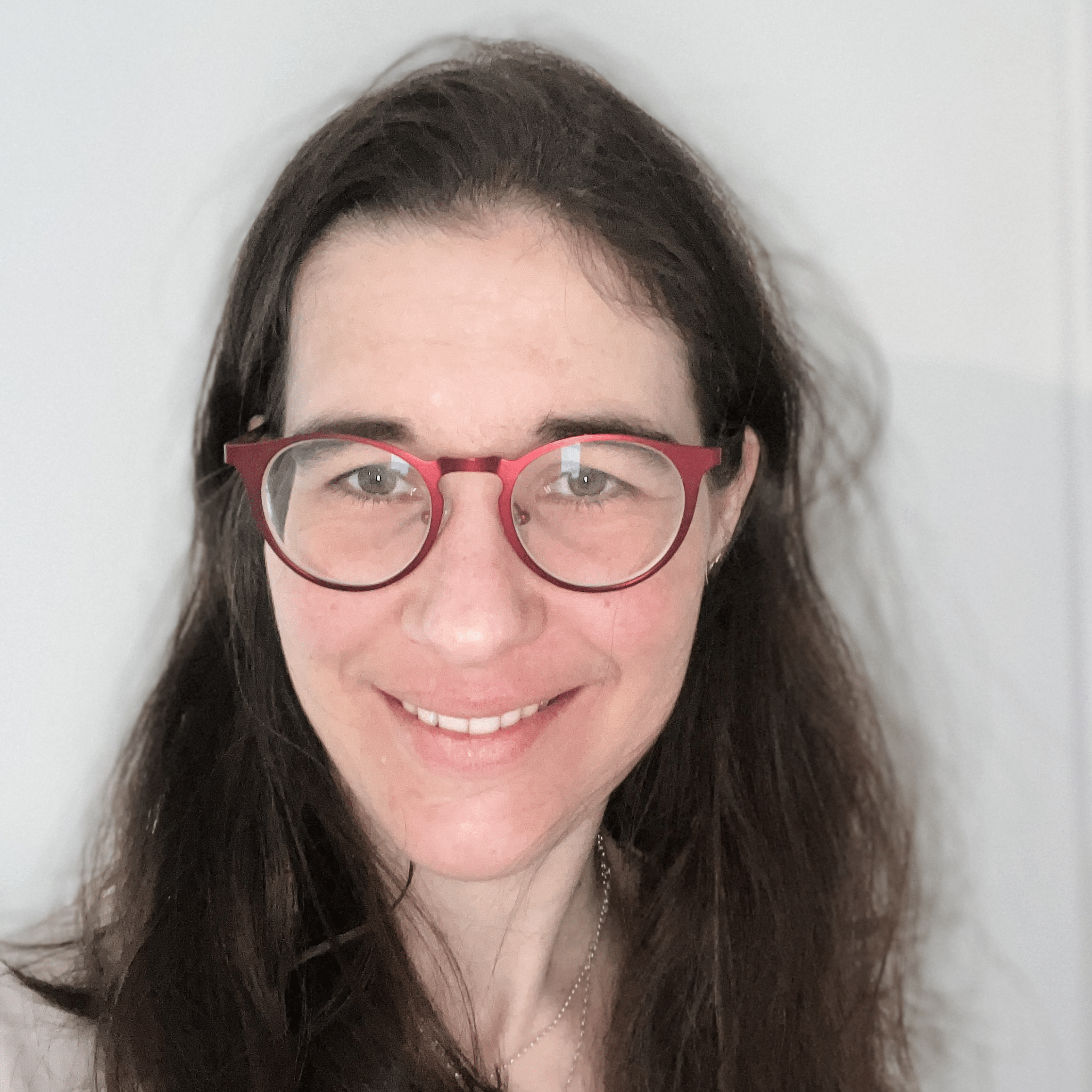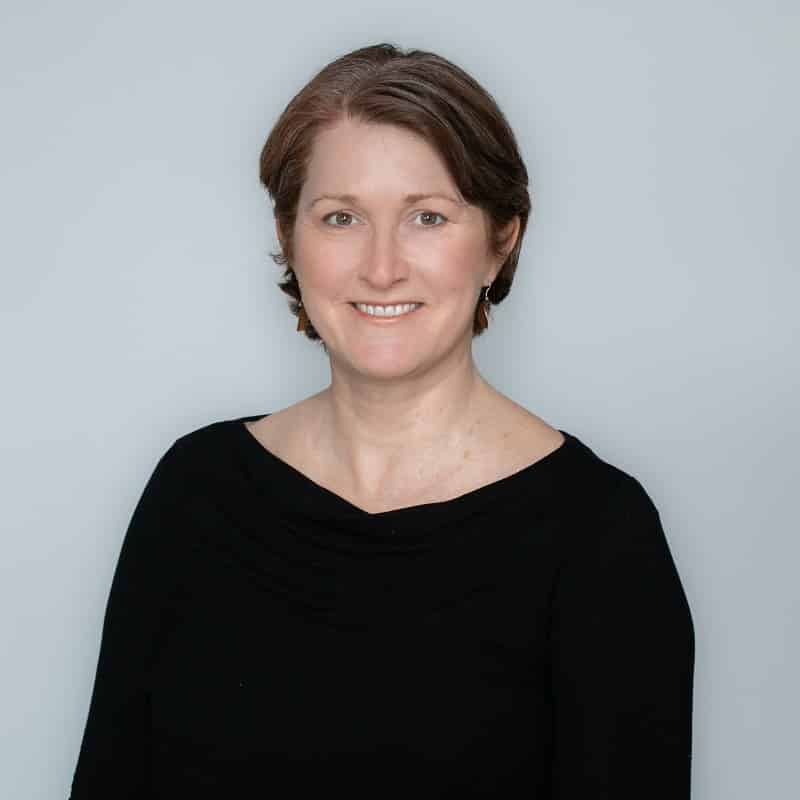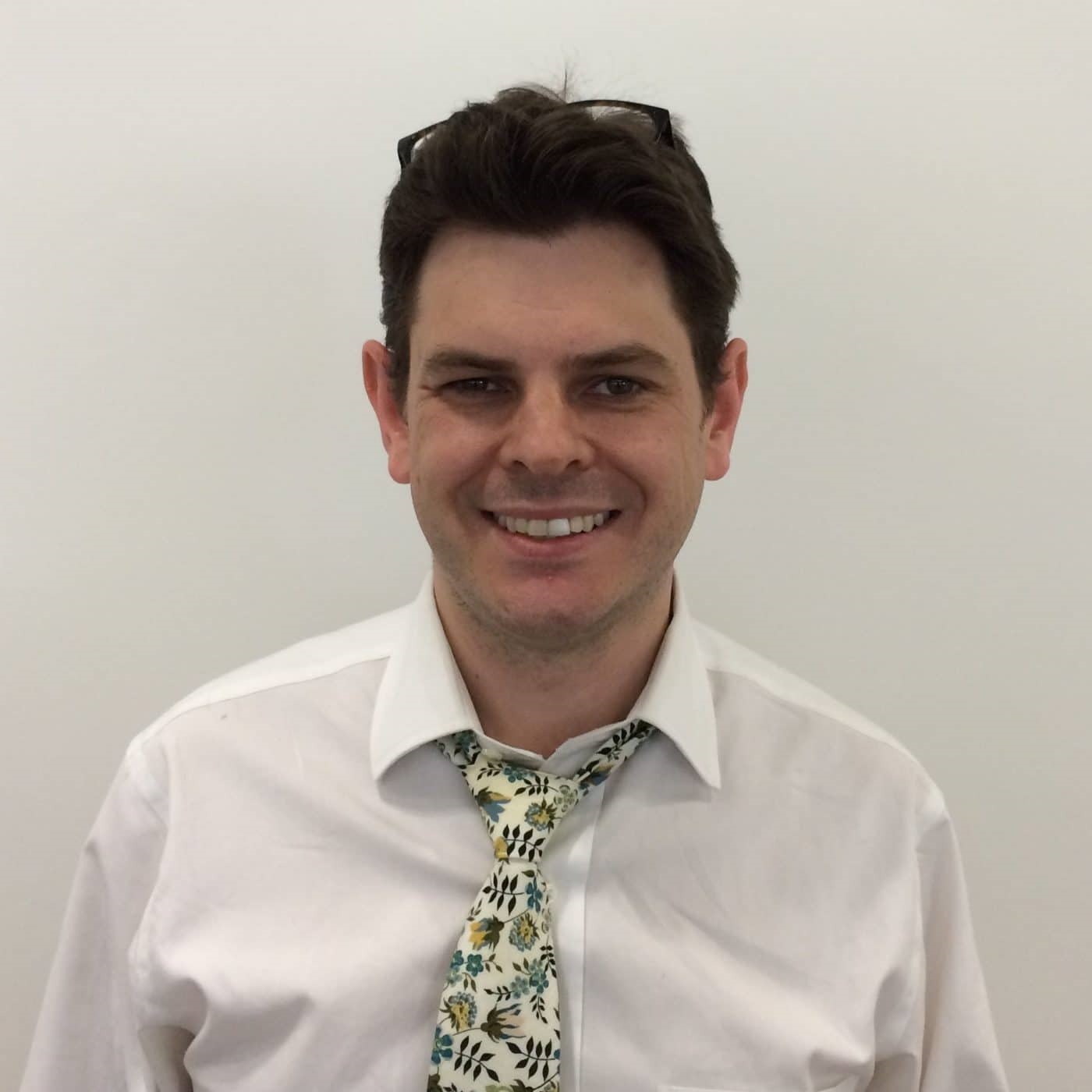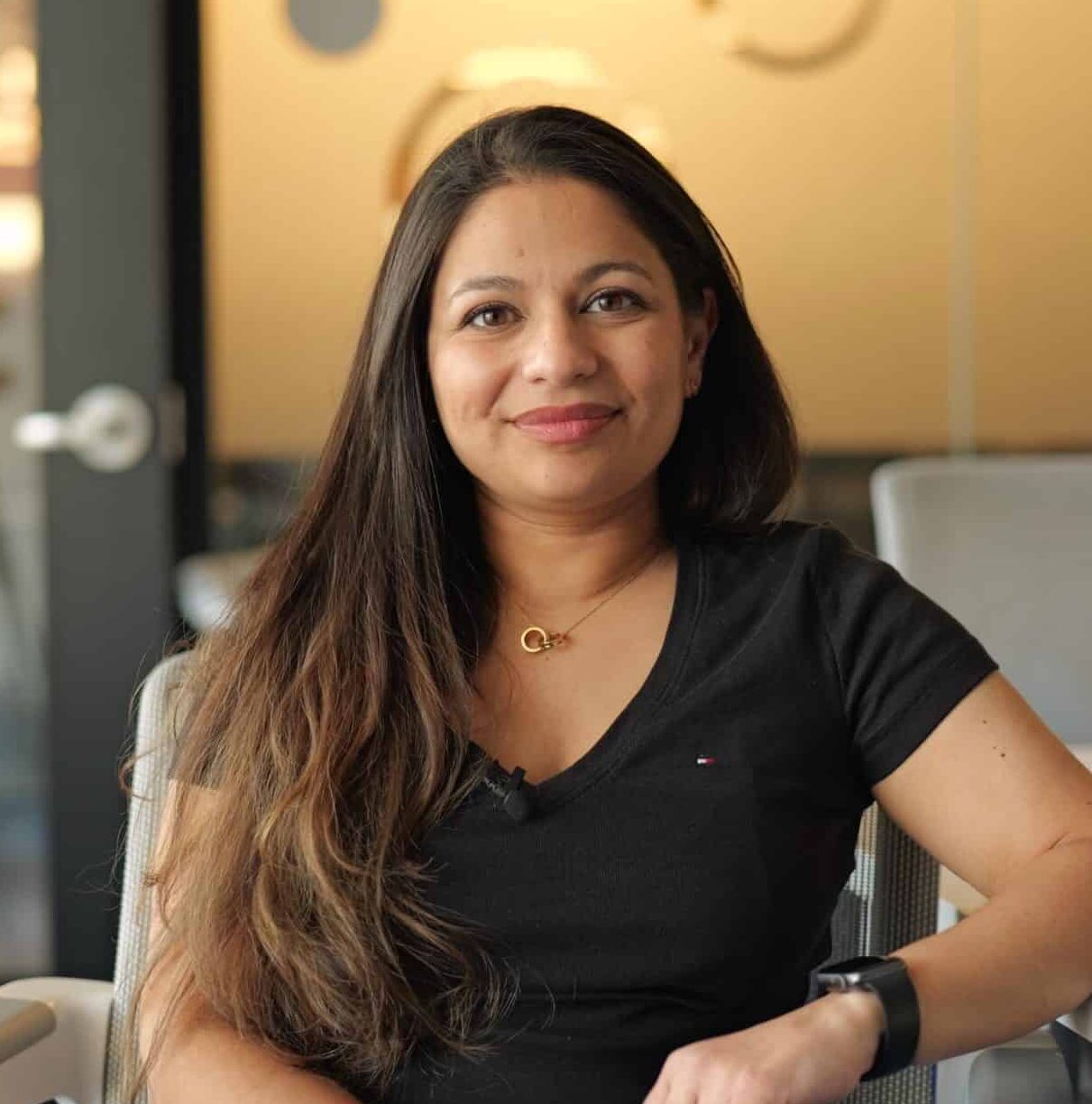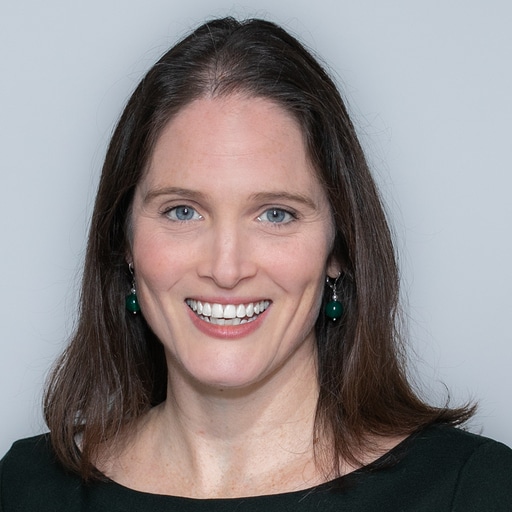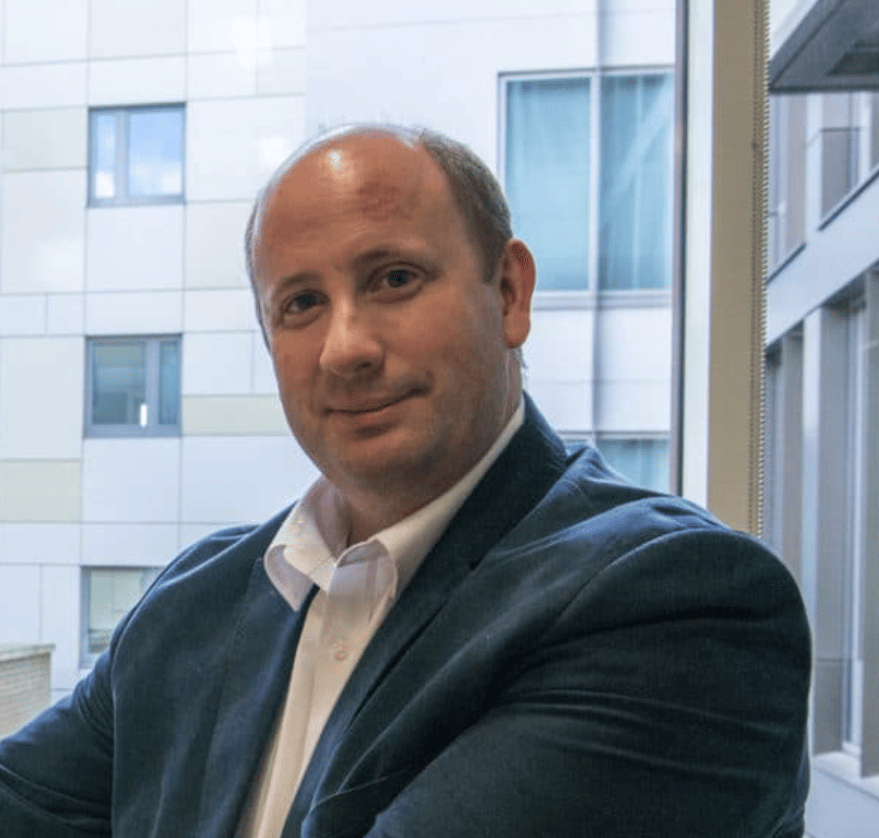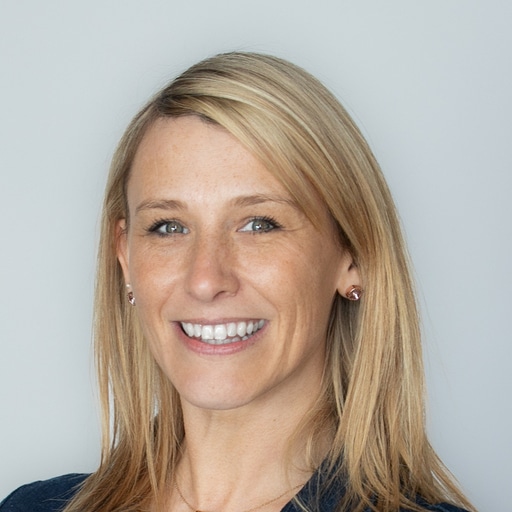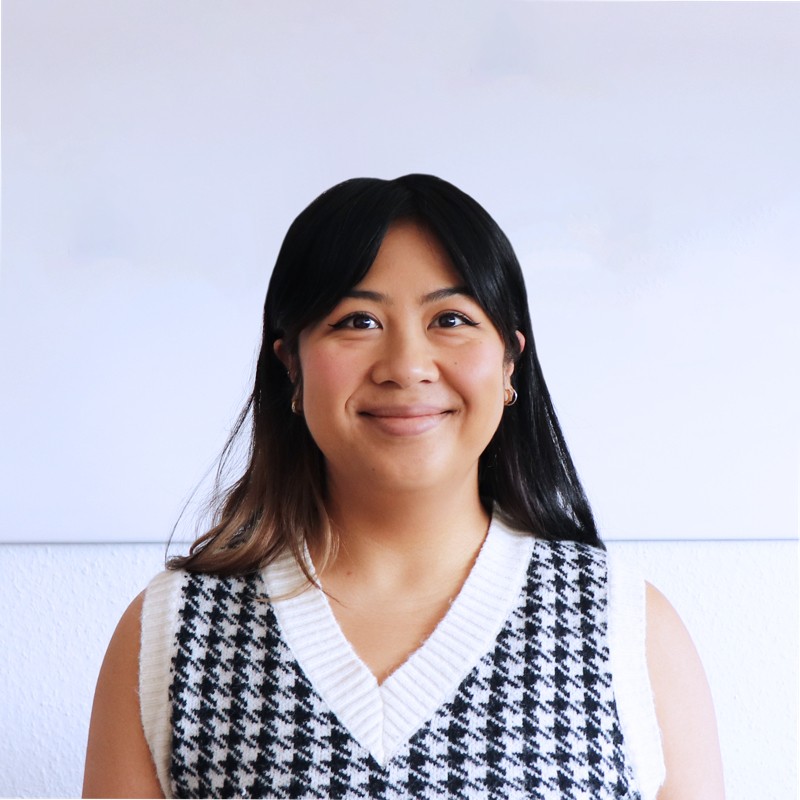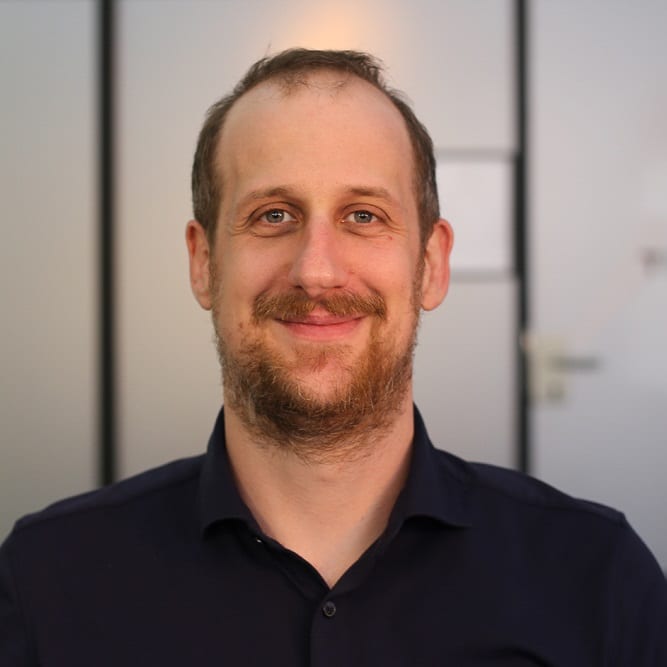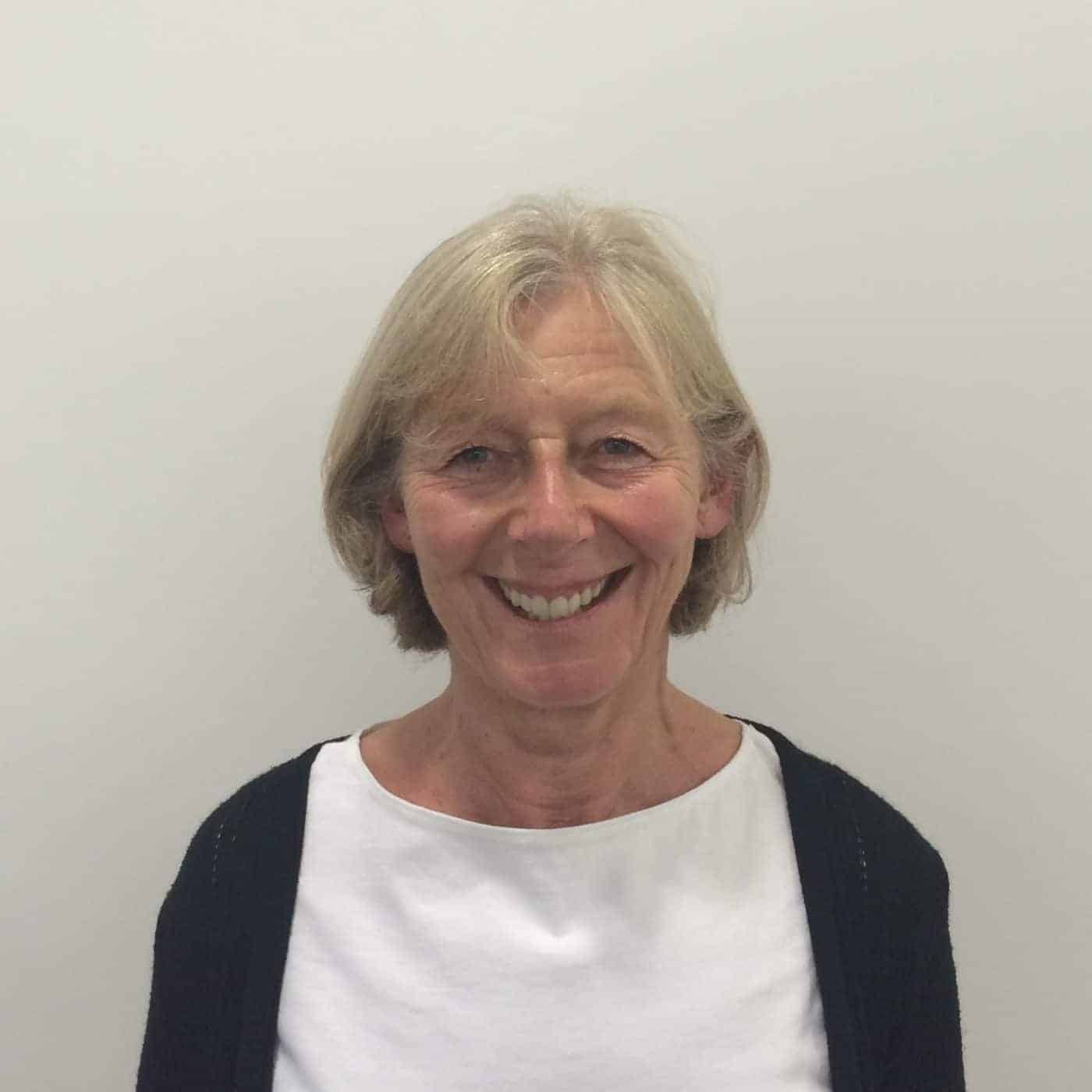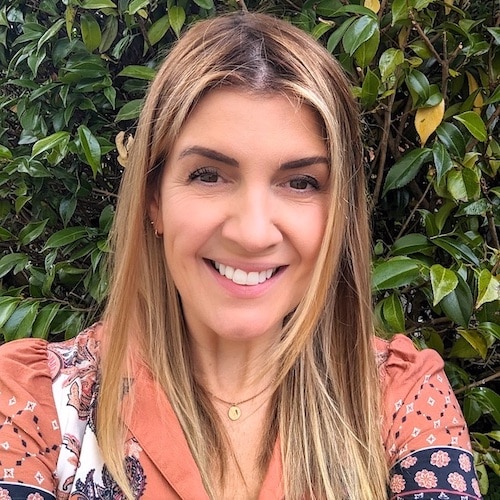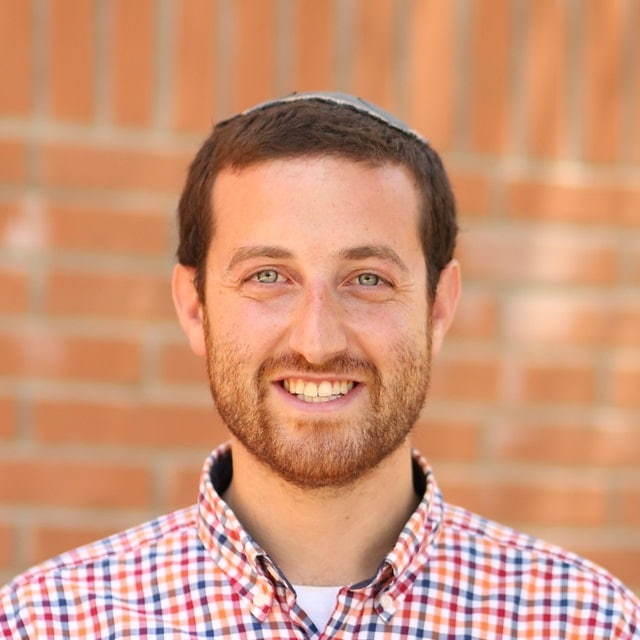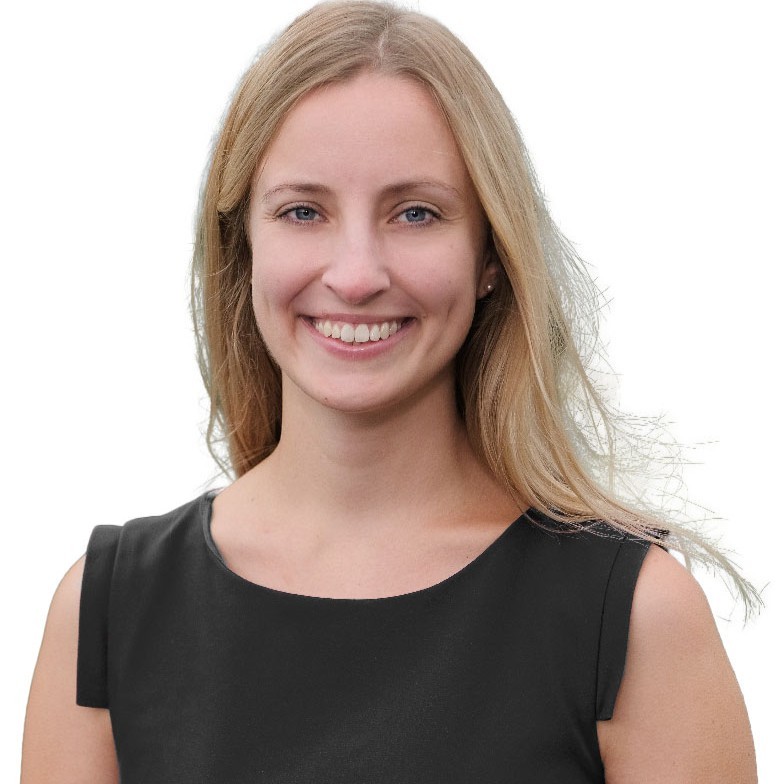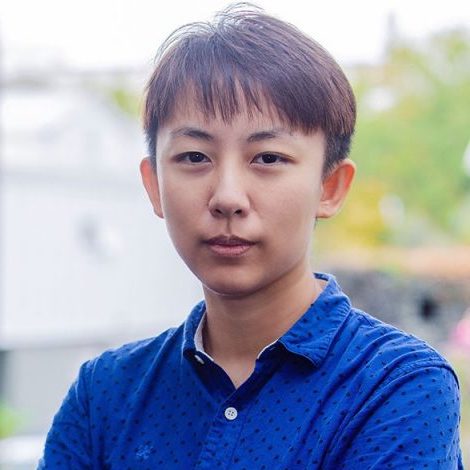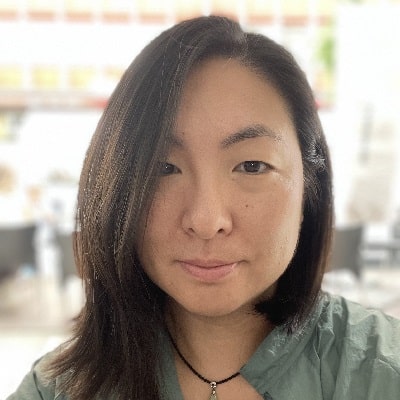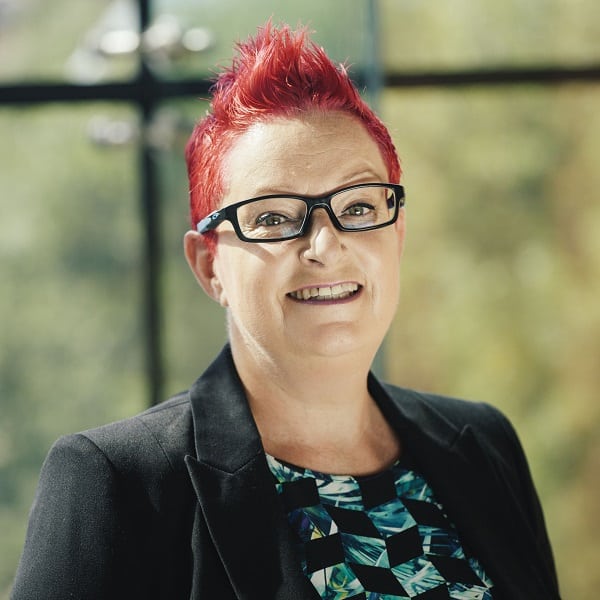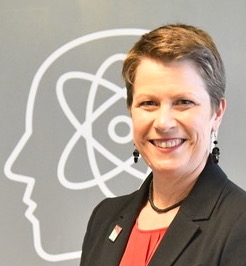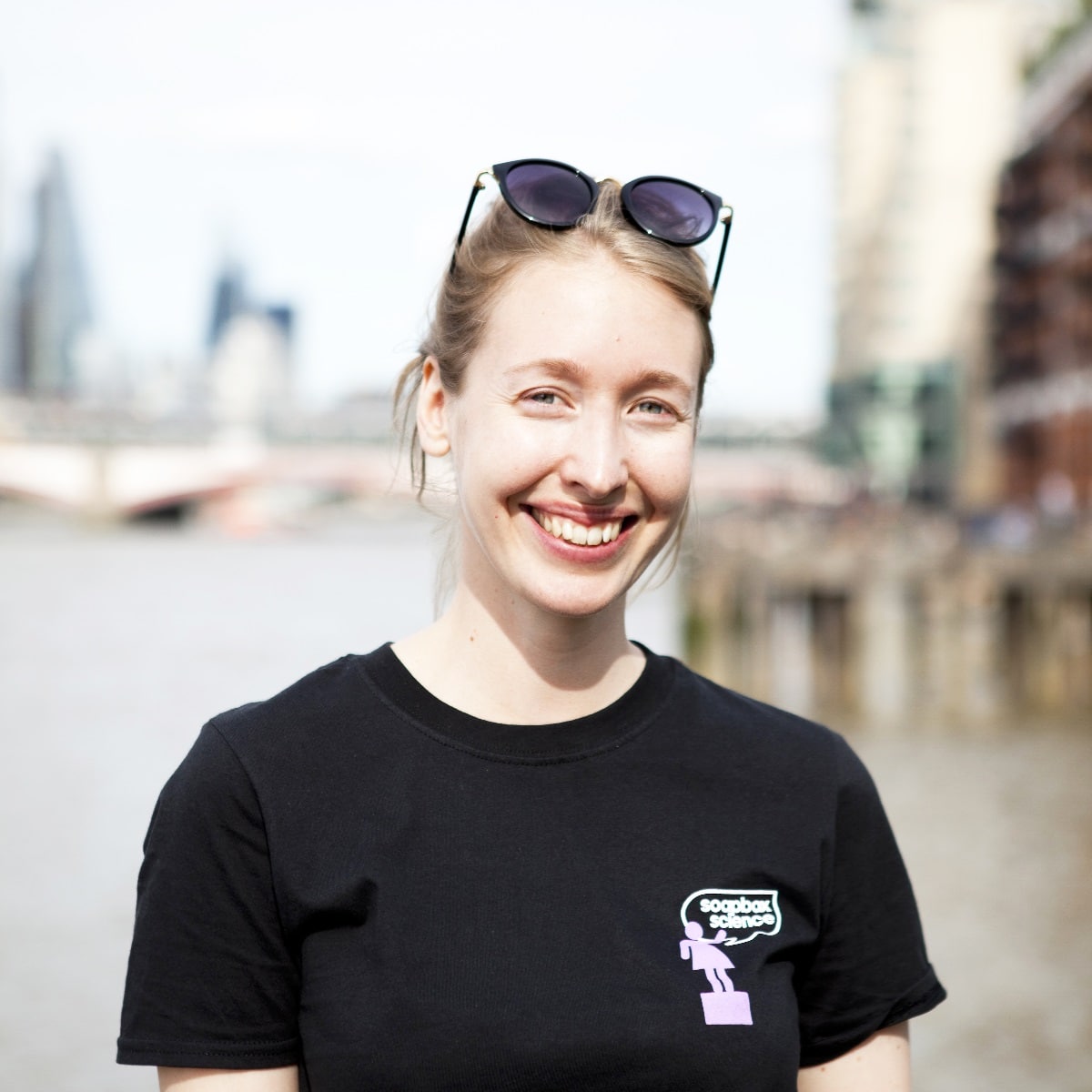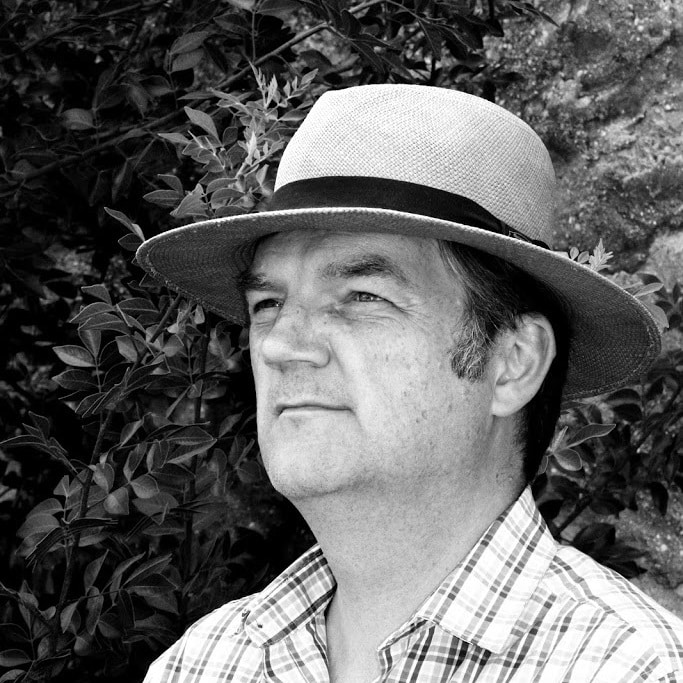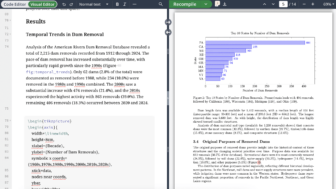
Mark Hahnel
Mark Hahnel is the VP Open Research at Digital Science. He is the founder of Figshare, which he created while completing his PhD in stem cell biology at Imperial College London. Figshare currently provides research data infrastructure for institutions, publishers and funders globally. He is passionate about open science and the potential it has to revolutionize the research community. Mark sits on the board of DataCite and the advisory board for Directory of Open Access Journals (DOAJ). He was on the judging panel for the National Institutes of Health (NIH), Wellcome Trust Open Science prize and acted as an advisor for the Springer Nature master classes.
Articles by Mark Hahnel
Presenting: Research Transformation: Change in the era of AI, open and impact
Artificial Intelligence (AI)
Community Engagement
Open Research
Research Evaluation
Research Futures
Research Integrity
Mark Hahnel and Simon Porter introduce Digital Science's new report as part of our ongoing investigation into Research Transformation: Change in the era of AI, open and impact.
Welcome to… Research Transformation!
Transformation via and within research is a constant in our lives. But with AI, we now stand at a point where research (and many other aspects of our working life) will be transformed in a monumental way. As such, we are taking this moment to reflect on the activity of Research Transformation itself, and celebrating the art of change. Our campaign will show how research data can be transformed into actionable insights, how the changing role of research is affecting both those in academia and industry, and exploring innovative ways to make research more open, inclusive and collaborative, for all – especially for those beyond the walls of academia.
The TL;DR on… ERROR
We love a good deep dive into the awkward challenges and innovative solutions that are transforming the world of academia and industry. In this article and in the full video interview, we're discussing an interesting new initiative that's been making waves in the research community: ERROR.
Inspired by bug bounty programs in the tech industry, ERROR offers financial rewards to those who identify and report errors in academic research. ERROR has the potential to revolutionise how we approach, among other things, research integrity and open research by incentivising the thorough scrutiny of published research information and enhancing transparency.
Suze sat down with two other members of the TL;DR team, Leslie and Mark, to shed light on how ERROR can bolster trust and credibility in scientific findings, and explore how this initiative aligns with the principles of open research and how all these things can drive a culture of collaboration and accountability. They also discussed the impact that ERROR could have on the research community and beyond.
Evolving roles in academia
There are many different roles in a university, not just researchers. If you have one of these roles, we’d love to hear from you. How did you get there? How is it changing? As part of our commitment to the academic community, we have created a global survey, designed to assess the evolving roles in academia, the challenges on the horizon, and the impact of technology and other external forces on these changes.
TL;DR Shorts: George Dyson on Fostering Innovation
Today's TL;DR Shorts episode with George Dyson is all about how we can foster innovation and nurture it when lightning strikes. George believes that research group sizes reach a critical mass beyond which fast innovation is hampered by bureaucracy. George feels that more can be done to support research transformation by other actors in the research landscape, including governments and funders.
Catalysing Change, Embracing Open Research – meet Dr Niamh O’Connor
In this month's Speaker Series episode, Dr Suze Kundu meets Dr Niamh O’Connor, Chief Publishing Officer at PLOS. Niamh and Suze chat about their journeys from chemistry to supporting the research community, and how we can accelerate research culture towards more open ways of working.
Fragmentation in research data publishing – and how to fix it
The landscape of open research data is ever-evolving, driven by the relentless advancement of technology and the burgeoning expectations of a data-driven society. This piece navigates research data publication fragmentation, elucidating how the principles of Findable, Accessible, Interoperable, and Re-usable (FAIR) data - are pivotal in this context. FAIR data was a term coined in 2016 that has gained global traction.
Who benefits when, from FAIR data? Part 2
In the second part of this three-part series on artificial intelligence, machine learning and open research, Mark Hahnel takes a look into how this technology can actually result in better, more diverse, more inclusive and ultimately FAIR-er data for the whole research community.
Seven million open research objects and counting – a conversation with Figshare founder Mark Hahnel
On April 13th 2023, Mark tweeted that Figshare had reached seven million outputs, a significant milestone in anyone’s book! He and I jumped on a quick call to discuss what that achievement means for Figshare, and before we knew it our chat had meandered onto what it was like in the very early days of Figshare and Overleaf, and how milestones and celebrations change as the numbers keep going up and to the right! :)
We hope you enjoy where the conversation takes us.


